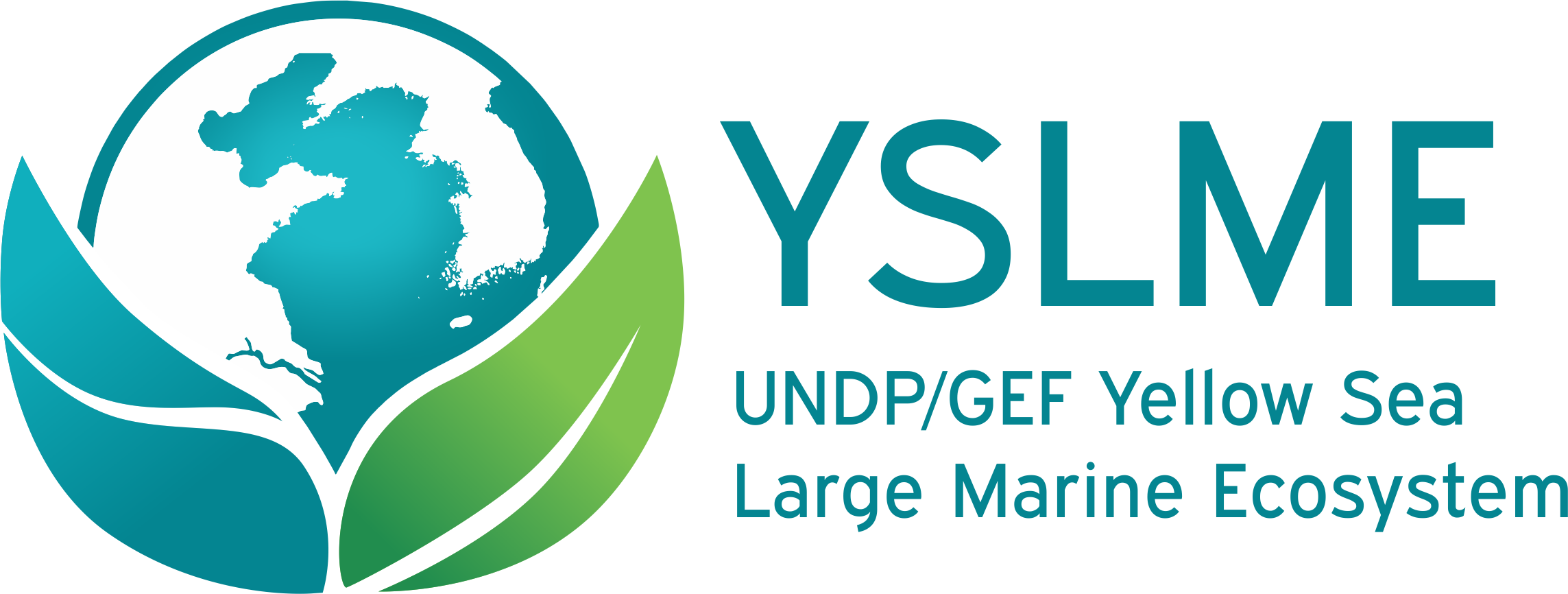Background
The Yellow Sea is being negatively impacted by human induced disturbances such as Harmful Algal Blooms (HAB), Jellyfish Blooms, nutrient enrichment causing eutrophication and climate change. These challenges are causing numerous deleterious consequences to the fishing and tourism industries and upsetting the overall balance of natural marine ecosystems.
Our Work on Monitoring and Assessment
To address these threats it is imperative to study, understand and monitor impacts at national and regional levels, especially in coastal areas. Monitoring and assessment methodologies need to be harmonized and improved understanding of eh N/P/Si ratios and impact on marine and coastal ecosystem. Also, understanding of the impact of climate change on plankton structure needs to be improved, together with monitoring capacity and awareness of jellyfish, HAB and drifting macroalgae blooms.
Two Regional Working Groups have been established to assist in this work: (1) Pollution Reduction RWG is responsible eutrophication, algal blooms and contaminants, and (2) a Monitoring and Assessment RWG is responsible for monitoring climate change impacts on ecosystem processes.
Harmful Algal Bloom Monitoring Program
Algal blooms are caused by nutrient rich waters, mostly due to agricultural run-off, where algae increase rapidly in number consuming excess nutrients and available oxygen. This creates ‘dead zones’ where no other aquatic life can survive. Although most are non-toxic, these outbreaks can lead to large imbalances in marine ecosystems, causing fish kills which jeopardize fisheries, and huge blooms which negatively affect tourism, as well as clog waterways.
The Regional HAB Monitoring Program (including macro-algae) will be managed by a regional committee to coordinate monitoring, assessment and data sharing of HAB occurrences. This committee will work together with the jellyfish committee to develop standardized national and regional monitoring methodologies for HAB.
Jellyfish Monitoring Program
Jellyfish outbreaks are regarded as a response to anthropogenic disturbances (e.g., eutrophication, overfishing, habitat modification, etc.) and climate change and can cause numerous deleterious consequences for industries and communities, such as reduced fishery production due to competition for food with fish, stinging of swimmers by venomous species and clogging of coastal power plant cooling water intakes.
A Regional Jellyfish Monitoring Program has been initiated and will be managed by a regional committee which coordinates monitoring, assessment and data sharing as well as oversees the development of national and regional monitoring methodologies for jellyfish booms. This effort will improve our understanding of the causes, migration mechanisms and ecological consequences of jellyfish blooms and assist in predictive forecasting and needed responses to jellyfish blooms.
Climate Change Monitoring
Two programs have been initiated to monitor and address the potential impacts of climate change in the Yellow Sea.
i. Impact on Ecosystem Services: This monitoring programme involves studying the vulnerabilities of coastal communities and ecosystem services in the Yellow Sea with respect to climate change impacts.
ii. Impact on the Yellow Sea Cold Water Mass: This monitoring programme involves research and monitoring of the relationships between changes in sea surface temperature, the characteristics of the Yellow Sea Cold Water Mass (YSCWM) and the structure of plankton communities. The overall aim is to develop a regional strategy for adaptive management.
Regional Monitoring System
A comprehensive regional monitoring system will be developed to monitor and address nutrient changes (N/P/Si), climate change, jellyfish blooms and HAB in the Yellow Sea. This programme will involve application of ecosystem-based community management (EBCM) where risk management plans to address climate variability and coastal disasters will be developed. The project is supporting a series of activities leading to the development and application of EBCM by initiating regional monitoring, LWE-wide assessment and information exchange and consideration of the impact of climate change and coastal disasters at national and regional levels. Also, a regional assessment (including trends of introduced alien species) will be carried out so that policy-relevant recommendations can be made.
Publications
News
Events, Workshops and Trainings
1st China-Korea workshop on harmful marine organisms, June 25-26, 2018 in Kunming, PR China, 14 May 2018










